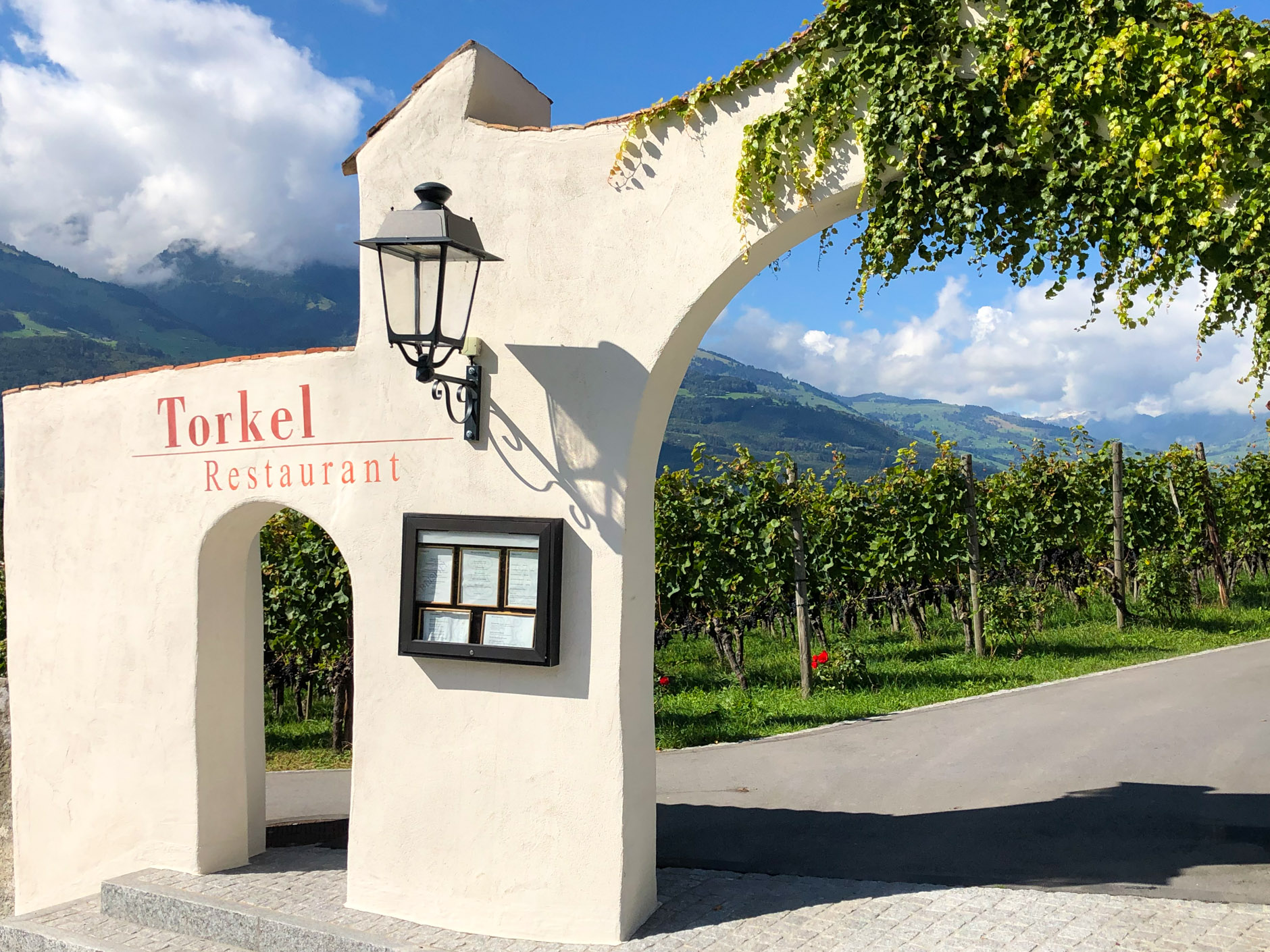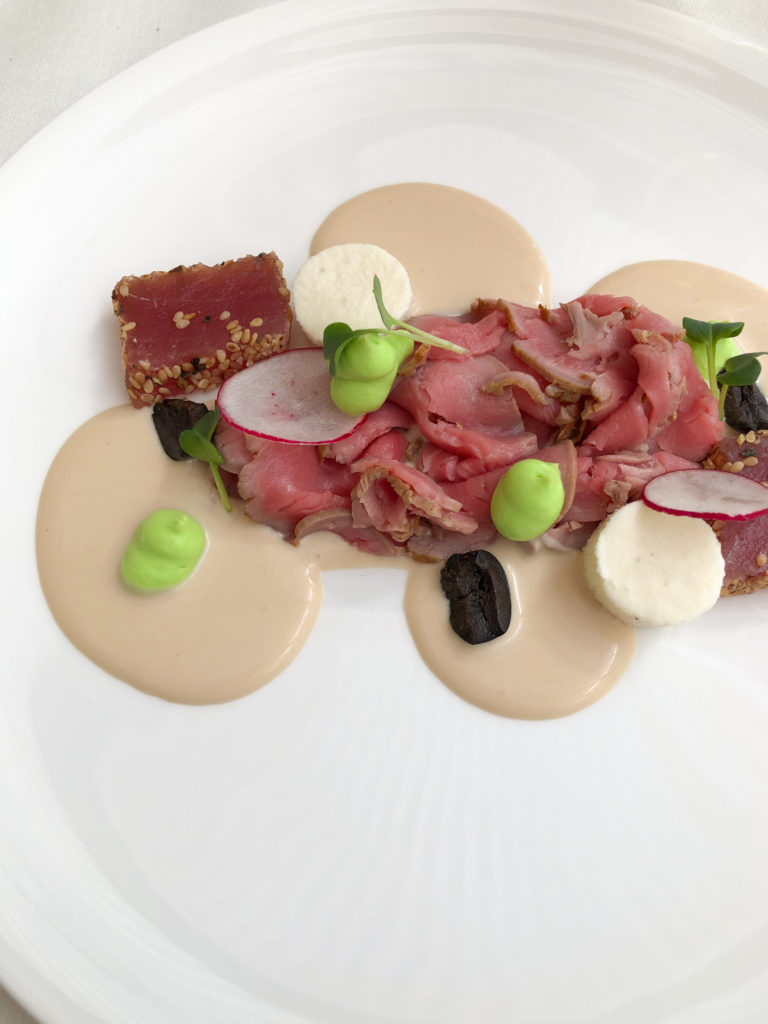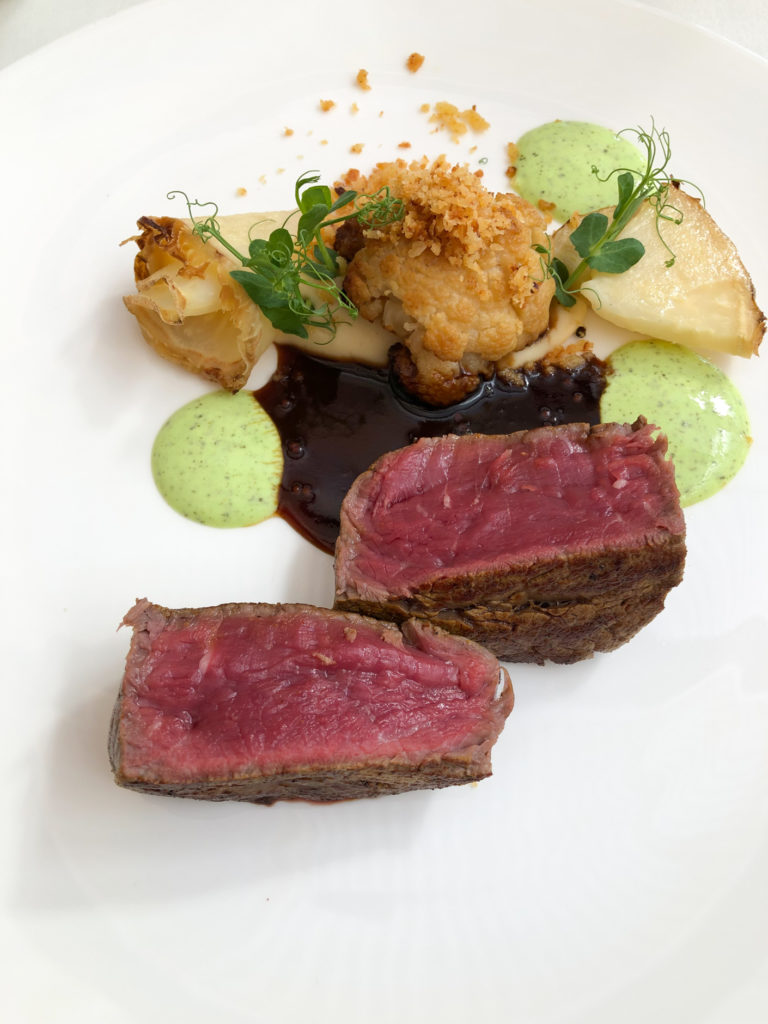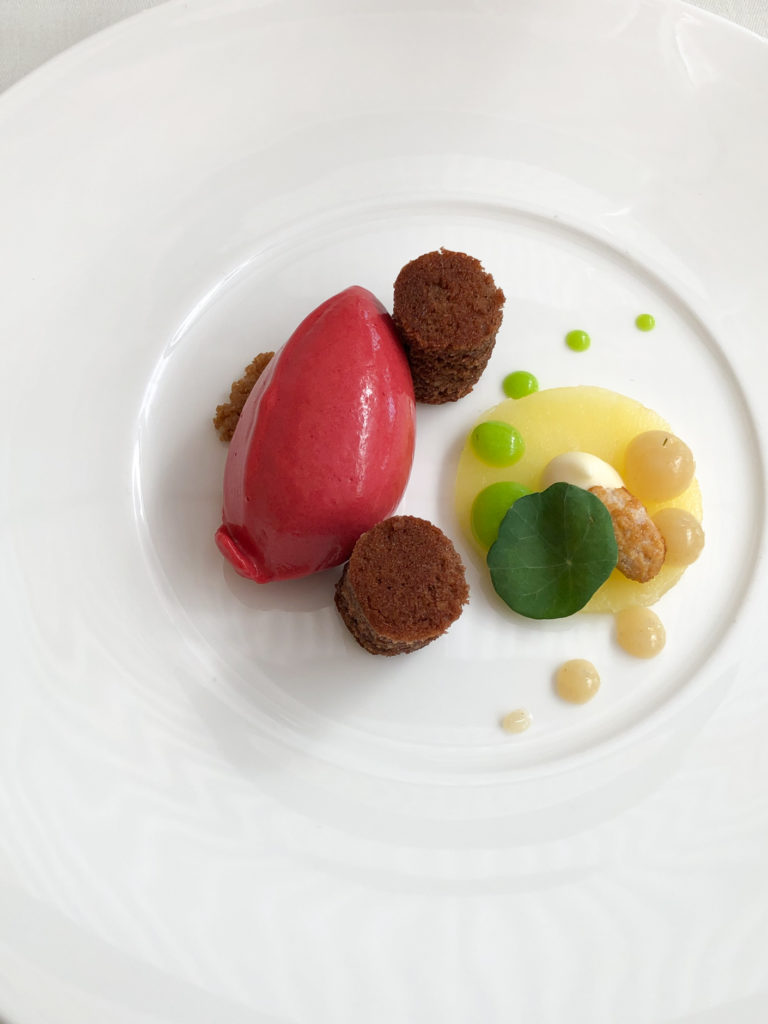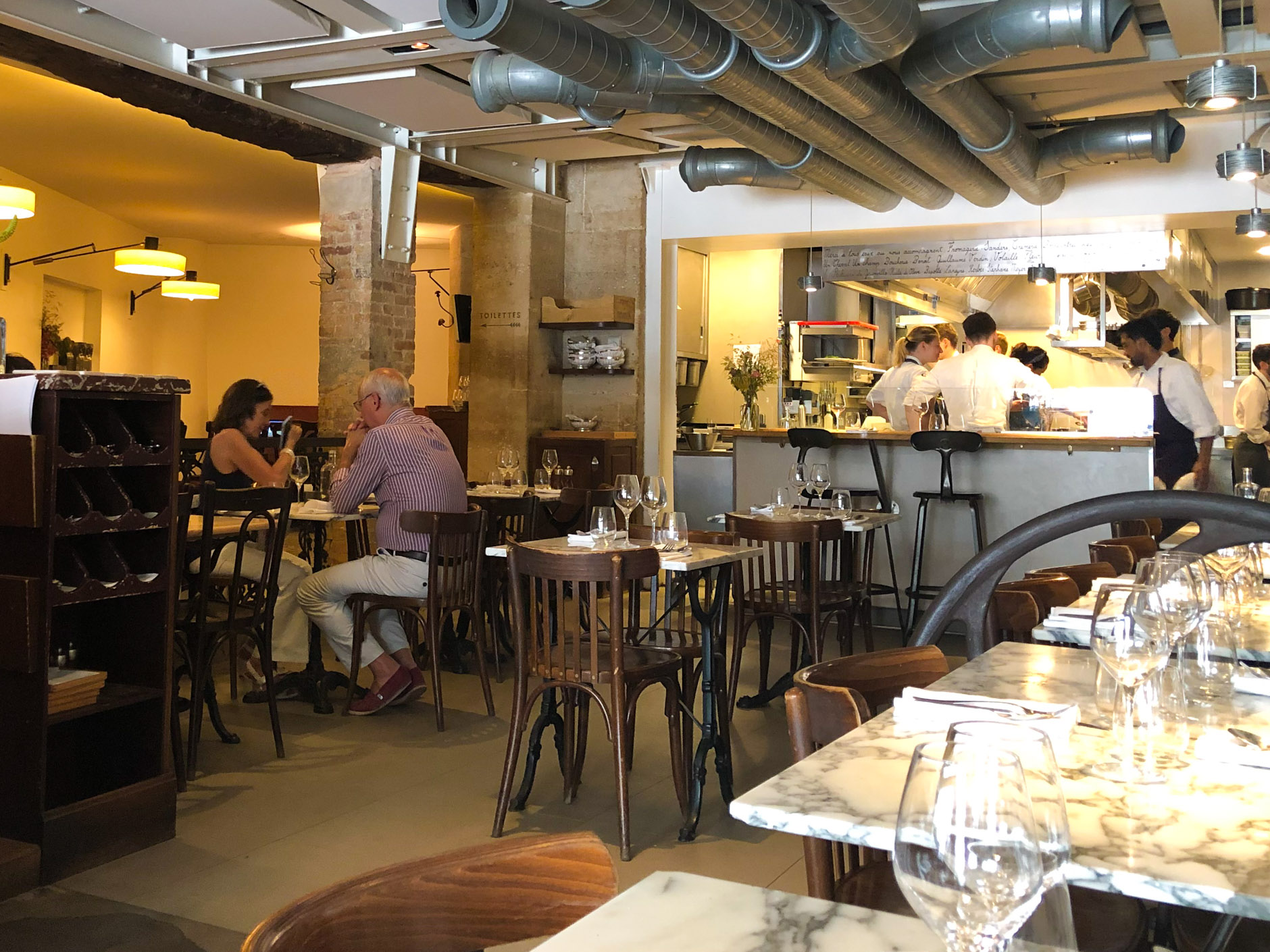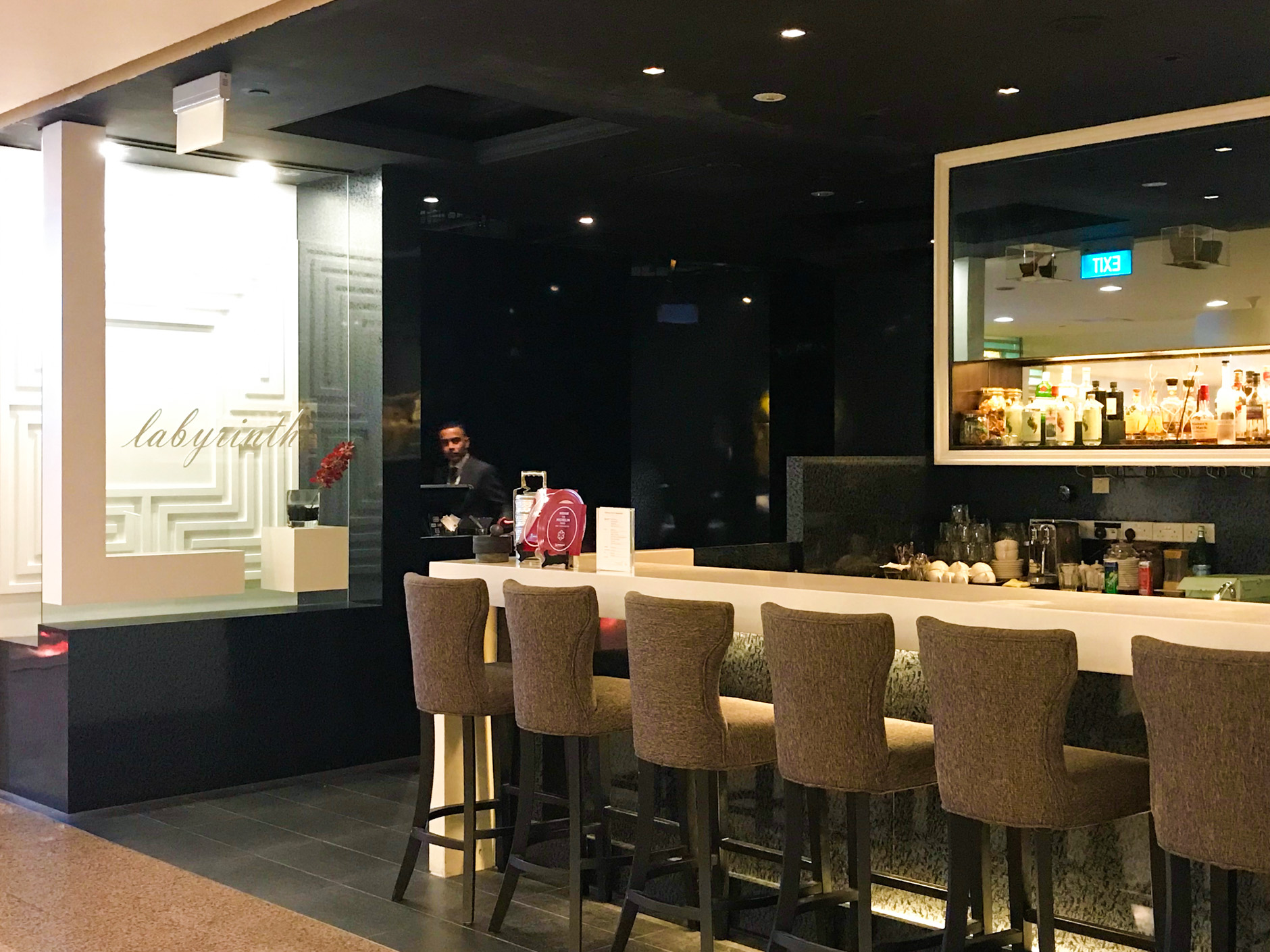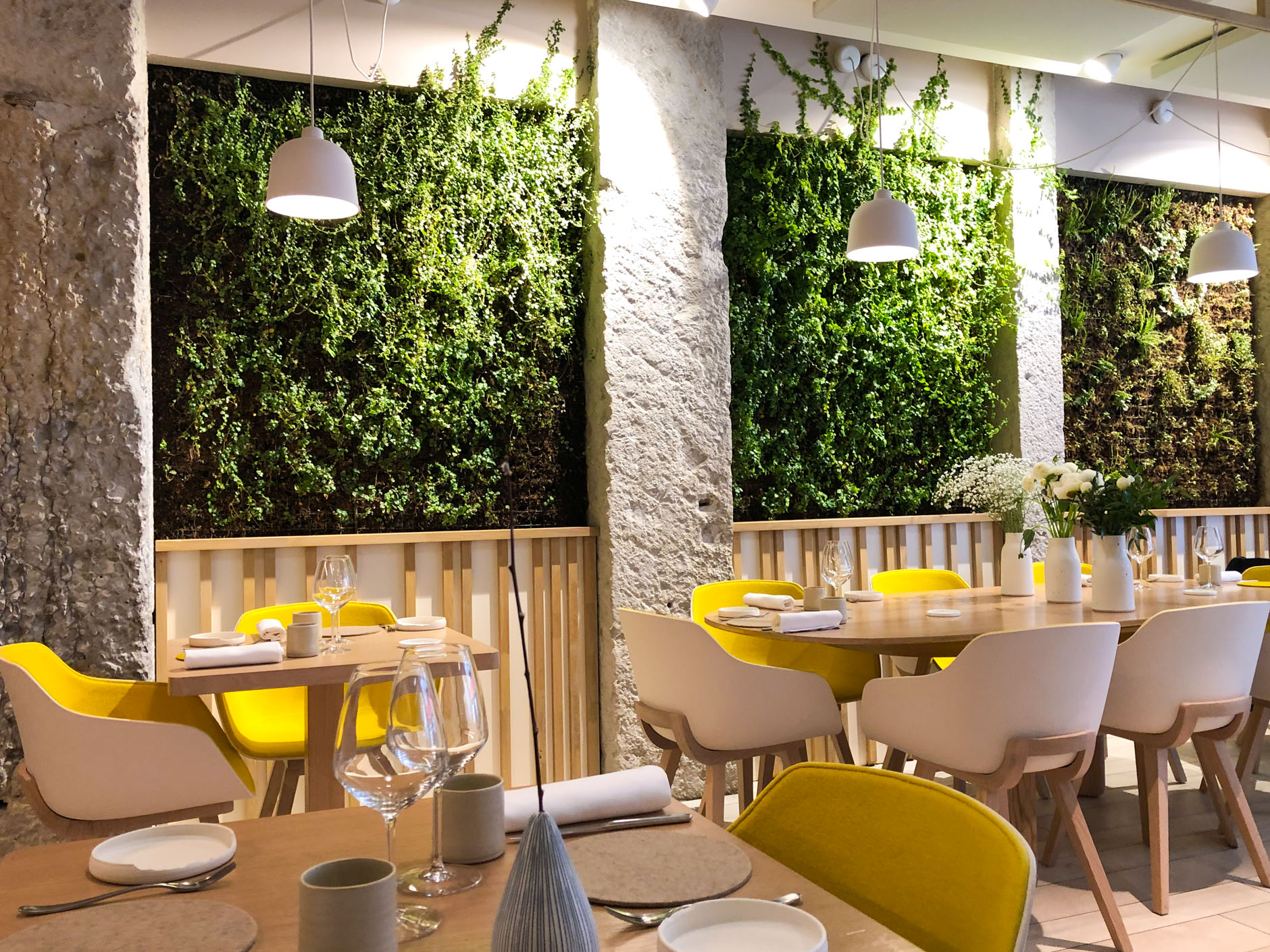When I told some friends that I would be stopping off in Liechtenstein as part of an autumn tour around Austria and Switzerland, the general reaction was one of bemusement. “Why the hell do you want to go there?” asked one. “It’s just banks and a postage stamp museum. It’s not even in the EU!”
It’s a legitimate question. Why would you want to stop by a country where there are more registered companies than people? But that’s precisely the point, really. I’ve always been fascinated by microstates – the fact that a country the size of Amersham can have its own police force, its own constitution, licence plates, postal delivery service, court system and so on. I had already ticked off The Vatican, Malta, Monaco and Luxembourg (if that counts) but somehow Liechtenstein had eluded me, until now. And such microstates are even more fascinating when they make their own wine.
This small, double land-locked principality is a kind of gall bladder sandwiched between Austria and Switzerland (and indeed shares the Swiss currency by a monetary union). Crossing the border from Buchs station (just over an hour from Zurich) is a doddle, and the taxi driver proudly told me all the things Liechtenstein is famous for – not just banks but power tools too, I was fascinated to discover.
in terms of ambience and setting, this is one of the most pleasant restaurants I’ve ever dined in
In the shade of the Prince’s castle in the tiny capital of Vaduz is the royal family’s very own vineyard (the Hofkellerei). In the autumn sunshine the grape harvest was in full flow. Friendly staff on site were more than happy to let me taste four of the royal wines. These included a Pinot Noir blanc, which is essentially like a flat Champagne without the Chardonnay butteriness and makes for a delicious aperitif, a Riesling with notes of lemon meringue pie and daffodils, a very light ‘red’ Pinot Noir with notes of raspberry and pomegranate juice, and finally the more full-bodied ‘Profundo’.
All that tasting works up an appetite so it was time for a spot of lunch. Attached to the vineyard is the Michelin-starred Torkel with its view of the castle and rolling hills beyond. In terms of ambience and setting, this is one of the most pleasant restaurants I’ve ever dined in (but perhaps it’s worth testing that again in the depths of winter). Service was pitch-perfect too – unobtrusive, pleasant and waiting staff always on hand to translate the menu (my German is what it always was, i.e. non-existent).
Chef Ivo Berger’s food may not be inventing anything new, but everything I ate was cooked to perfection. After a curious amuse bouche of oxtail and beetroot, proceedings began properly with a ‘surf and turf’ style starter of raw tuna and thinly-sliced veal with both horseradish and wasabi for extra kick. Delightful, fresh and simple.
A hearty main course of beef came virtually rare and had been rested well, accompanied by celeriac, cauliflower, a cheesy crumb and braised lentils.
And to finish, a perfect rocher of raspberry sorbet in a geometric pattern of circular gels, chocolate cake cylinders and a token nasturtium leaf. Not the best dessert I’ve ever had but still very satisfying.
All of this came to about £80 on that day’s conversion rate. You can also have a set 3 course prix-fixe meal for 79 Swiss Francs (roughly about £62 at the time of writing) and local wines come in around 12 Swiss Francs (roughly £9) a glass. All thoroughly reasonable bearing in mind the level of cookery, the unique setting and service. A somewhat surreal experience overall but definitely one I would recommend if you happen to be in the area.
Hintergass 9
9490 Vaduz
Liechtenstein
January 2020
by J A Smith

